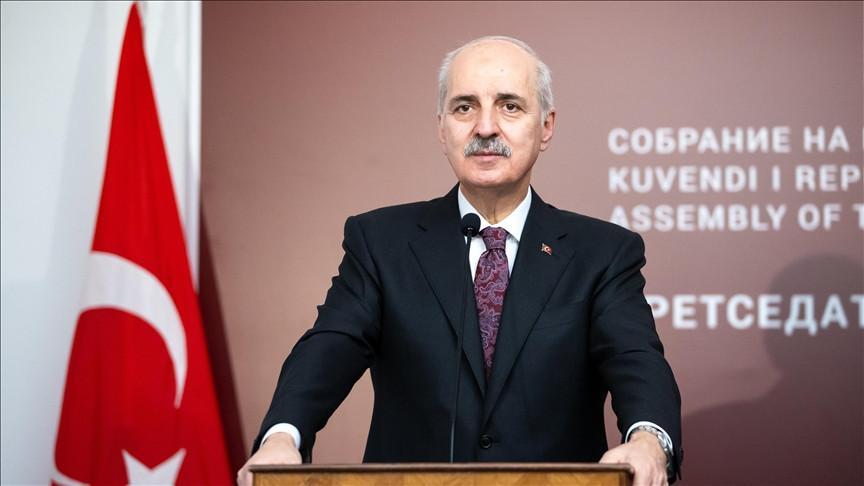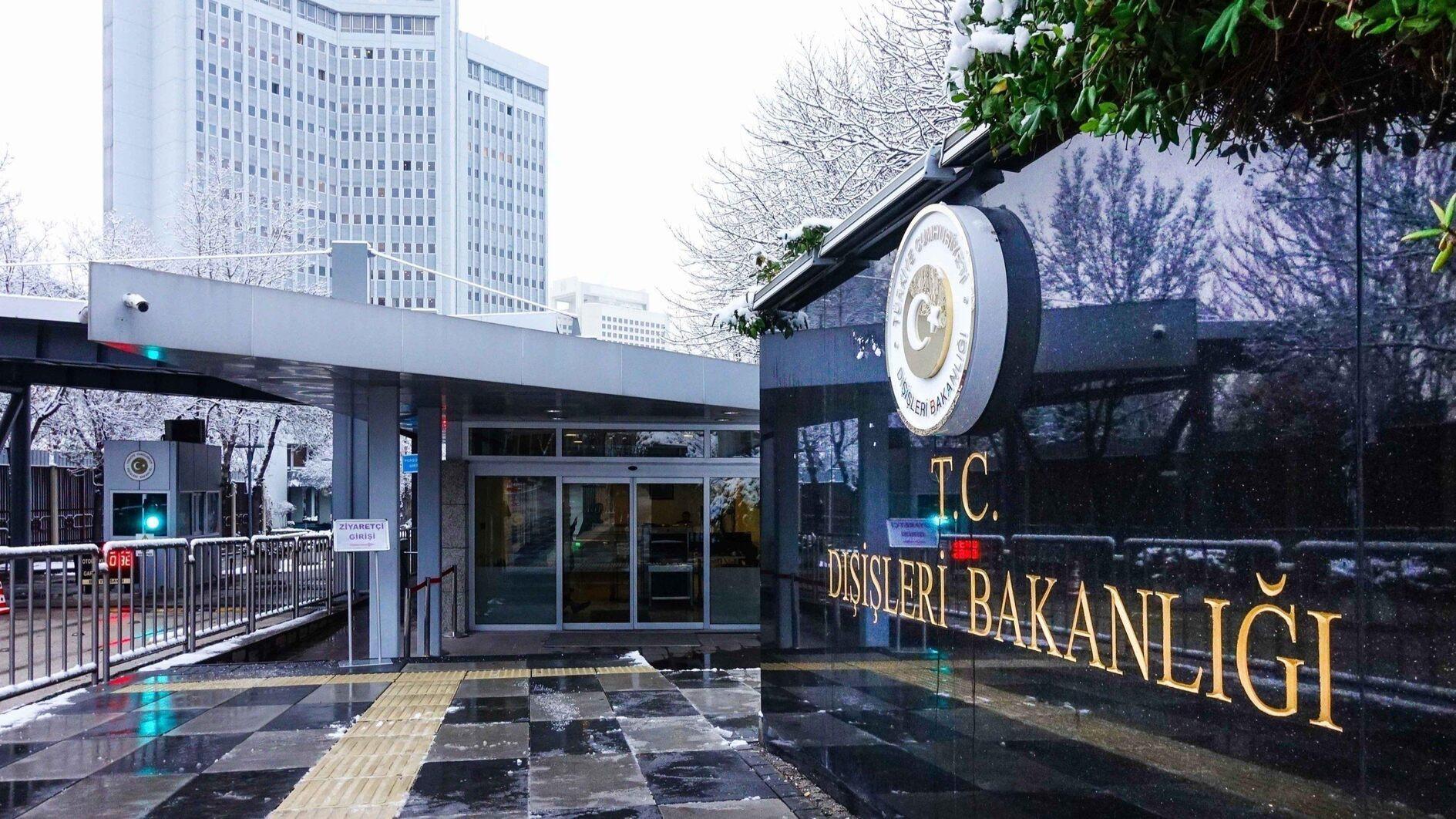Read. Read in the name of thy Lord
The first verses of the Quran begin with the word: Read. “Read in the name of thy Lord who created; [He] created the human being from blood clot. Read in the name of thy Lord who taught by the pen: [He] taught the human being what he did not know.” (96:1-5).
Fourteen centuries later, in Turkey, there are more illiterates (5 percent) and literates who never attended a school (7 percent) than university graduates (11 percent), although the government boasts about grocery shop-like universities mushrooming on every corner. I am still curious, though, why our editor-in-chief has not yet launched HDN University since our newsroom seems academically and administratively more competent than many Turkish universities (though he may be too frightened by the possibility of my application for a position in the Department of Theology).
In this year’s Undergraduate Placement Examination, a central, standardized test for admission to university, high school graduates scored an average of 25.6 percent in mathematics, 15 percent in geometry, 23.8 percent in physics, 37.4 percent in chemistry, 40 percent in biology, 42 percent in Turkish language and literature, 31.4 percent in history and 25 percent in philosophy. According to the OECD, the percentage of population that has attained at least upper secondary education in Turkey stands at 40 percent, compared to the OECD average of 80 percent and the G-20 average of 70 percent. Meanwhile, the government’s education policy seems to be a radically Islamized version of C.S. Lewis’s famous quote: “Education without values, as useful as it is, seems rather to make man a more clever devil.”
Of course, Lewis’s “values” are quite different than Prime Minister Recep Tayyip Erdogan’s. As Şafak Pavey, an opposition MP, recently wrote in The Guardian: “Education, for one thing, is in peril. Turkey’s ruling Justice and Development Party has given the lion’s share of the budget to mosques and religious schools, cutting schools that provide secular education adrift. There are 67,000 schools and 85,000 mosques. Over the past few months, in Istanbul alone, 98 primary schools have been converted into state-run religious Imam Hatip schools.” Precisely as one reader put it concisely in a letter: “I am worried about the education system in Turkey. It’s an issue which seems to have been mostly overlooked by the media this past year. The English-language press [has spent] very little time in the past year discussing what is happening in our schools right now; perhaps because [they assume] most ex-pats send their children to private schools and colleges.
“I have been living in Turkey for 10 years. My Turkish husband and I have two young daughters attending a local government school. Luckily we have very few complaints regarding our children’s education. However, I was recently perturbed to see that our local boarding school has been transformed into an Imam Hatip school.
“A government boarding school is home to kids who can’t live at home, either for emotional, practical or economical reasons. Although the state does not permanently care for these children, they are in the state’s care during term time. Often the children return to their families during school holidays, sometimes even for the weekends. So you can imagine how I felt when I realized that the only boarding school in our area which supports working or broken families has been turned into an Islamic teaching school. I feel the parents and students may have been railroaded by the government’s new schooling policy [designed to apply an] Islamic agenda through backdoor methods.
“I have no idea what kind of permission was required (if any) from the parents, but I do know many parents rely on this system to allow for space to heal, or to work… I know that state care children already receive extra-curricular religious courses after school. I’m left wondering just what type of secular government is this.”
I wish I knew the answer. Or was able to call it by its name. Suffice it to say that Turkey’s elected social engineers have a very nostalgic worldview; so nostalgic that sometimes their longing goes back to times before the Quranic commandments in 96:1-5 were even revealed.










